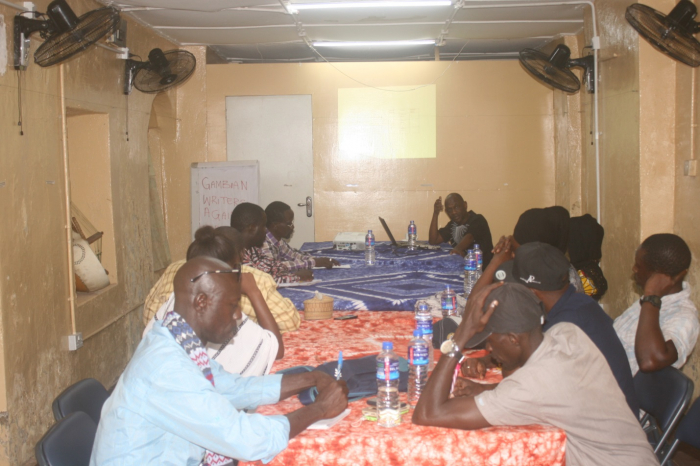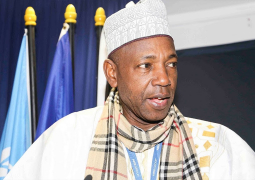
The project titled: ‘Combating Covid-19 Impairment at Kunta Kinteh Island and Related Sites Through Skills Training’ targets 50 women and youths in Juffureh, Albreda and Barra among a host of the UNESCO World Heritage sites.
The modules which cover different areas will be implemented through skills acquisition, community outreach and peer exchange. The project is supported by the German National Commission for UNESCO and German Foreign Ministry and implemented by the NCAC.
The daylong validation programme held at the National Centre for Arts and Culture in Banjul was also used to strengthen the capacity of the tour guides and moreover used to seek their support in terms of interpretation of the Kunta Kinteh Island and Related Sites stories and other UNESCO World Heritage sites across the country.
The validated modules cover different areas which include effective bookkeeping for sustainability in community based groups; using performing arts to add value to heritage site visitor experiences: festivals and song; understanding the Juffureh Destination Revamp Project, Customer care: Handling visitors to heritage sites and producing quality souvenirs for packaging for sale.
Also, the modules further cover slavery, Kunta Kinteh, middle passage: historical facts about the Kunta Kinteh UNESCO Heritage sites’- ‘Roots: the book and novel, Fort Bullen: history, significance, a historical overview, tips in Health and Safety for Tour Guides, the process and significance of UNESCO World Heritage sites and batik, tie and dye: practical and theory programmes.
Hassoum Ceesay, director general of National Centre for Arts and Culture affirmed that the module is not just validated but implementation will follow immediately at Juffureh and Barra.
He added that the training session are meant to empower youths and women in UNESCO World Heritage Site host communities against the Covid-19 pandemic impacts, and to strengthen the involvement of communities in UNESCO World Heritage sites management.
Read Other Articles In Headlines




